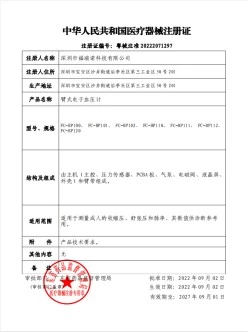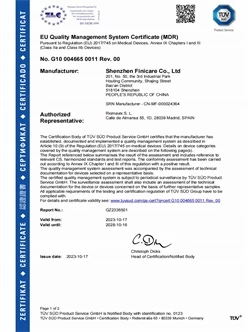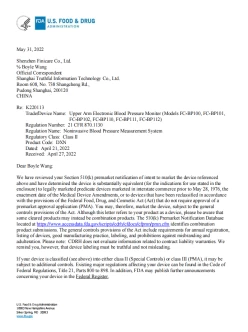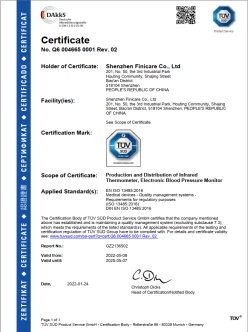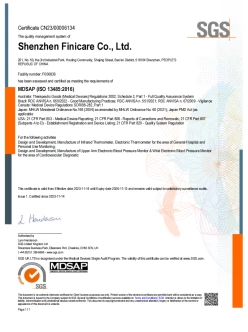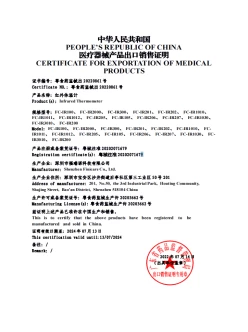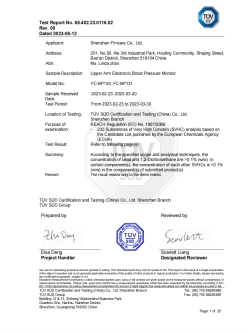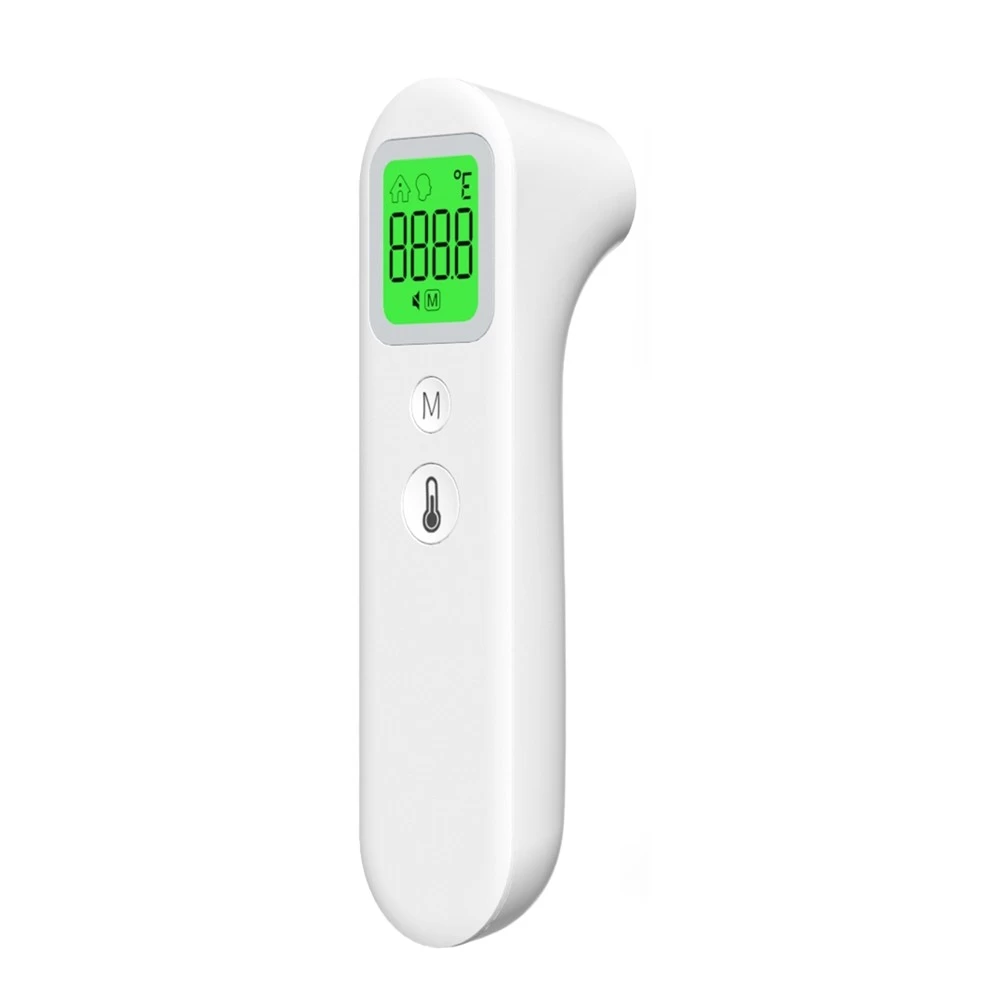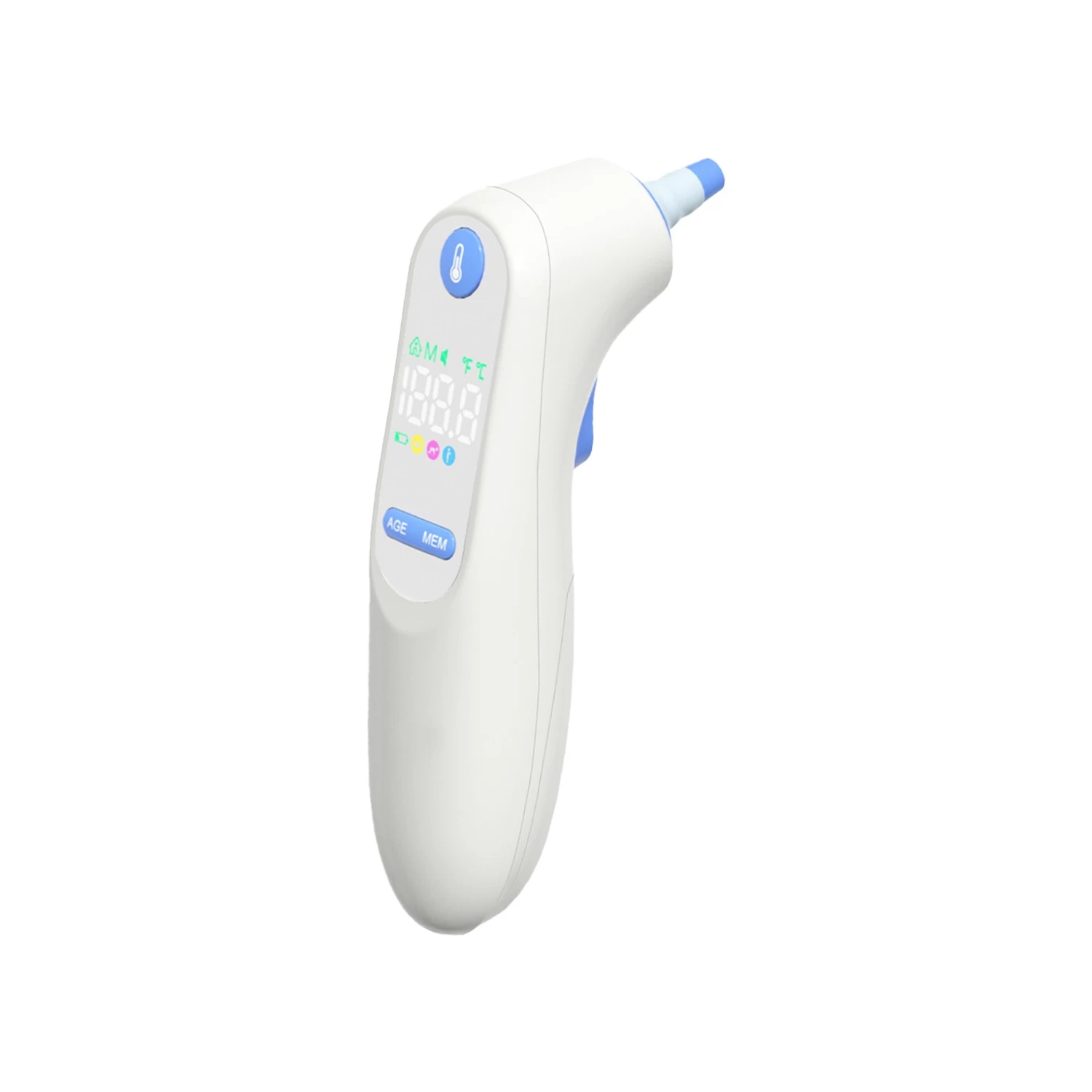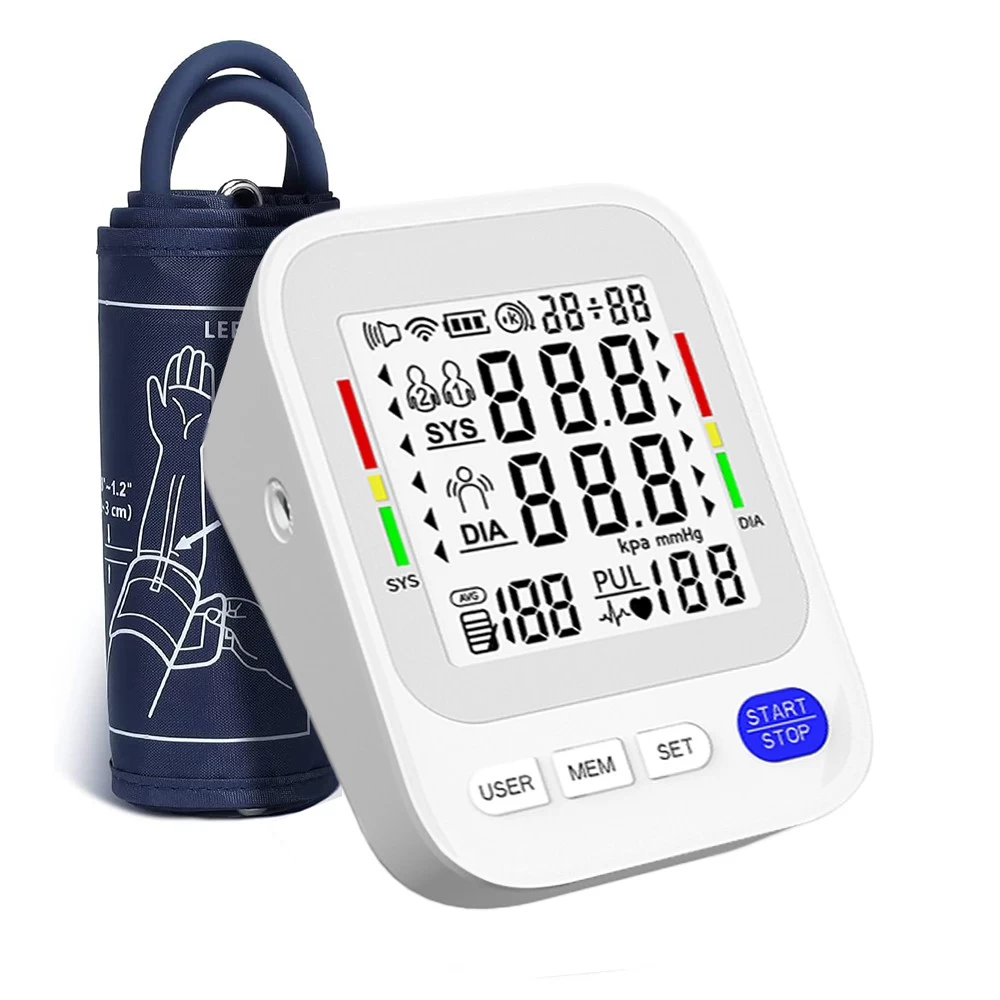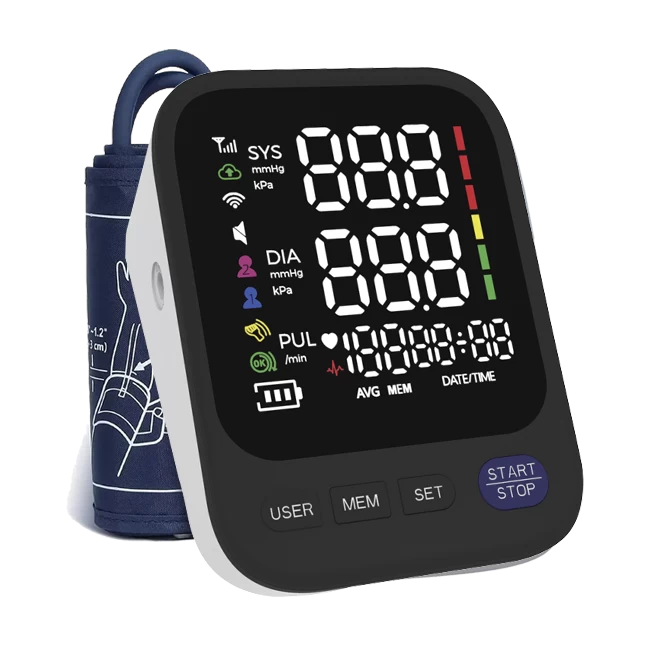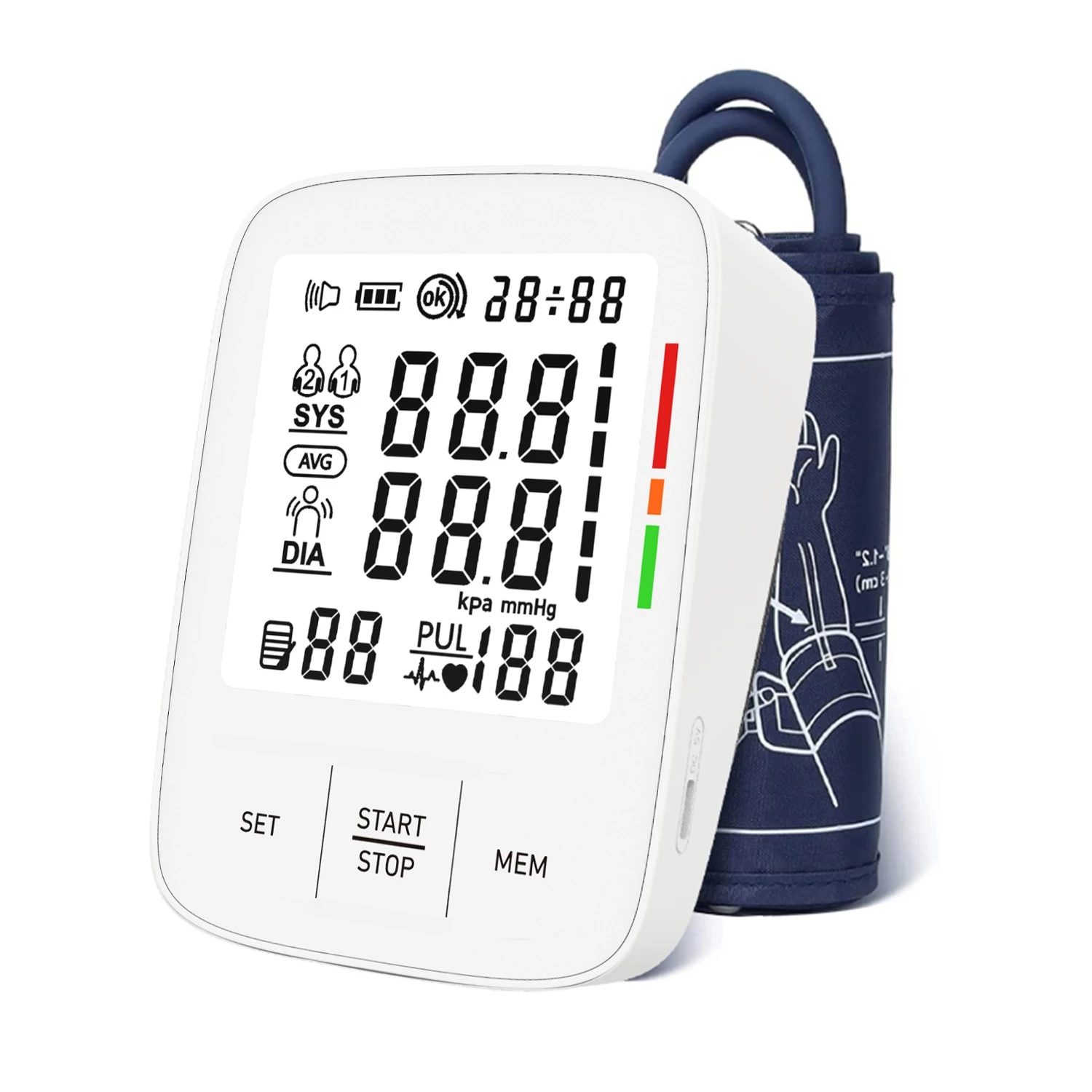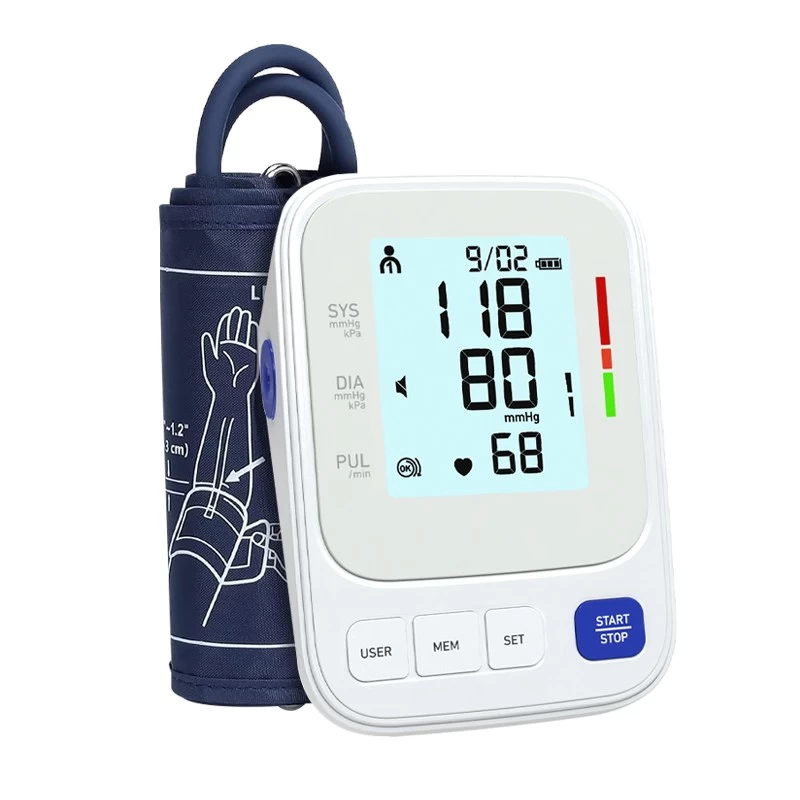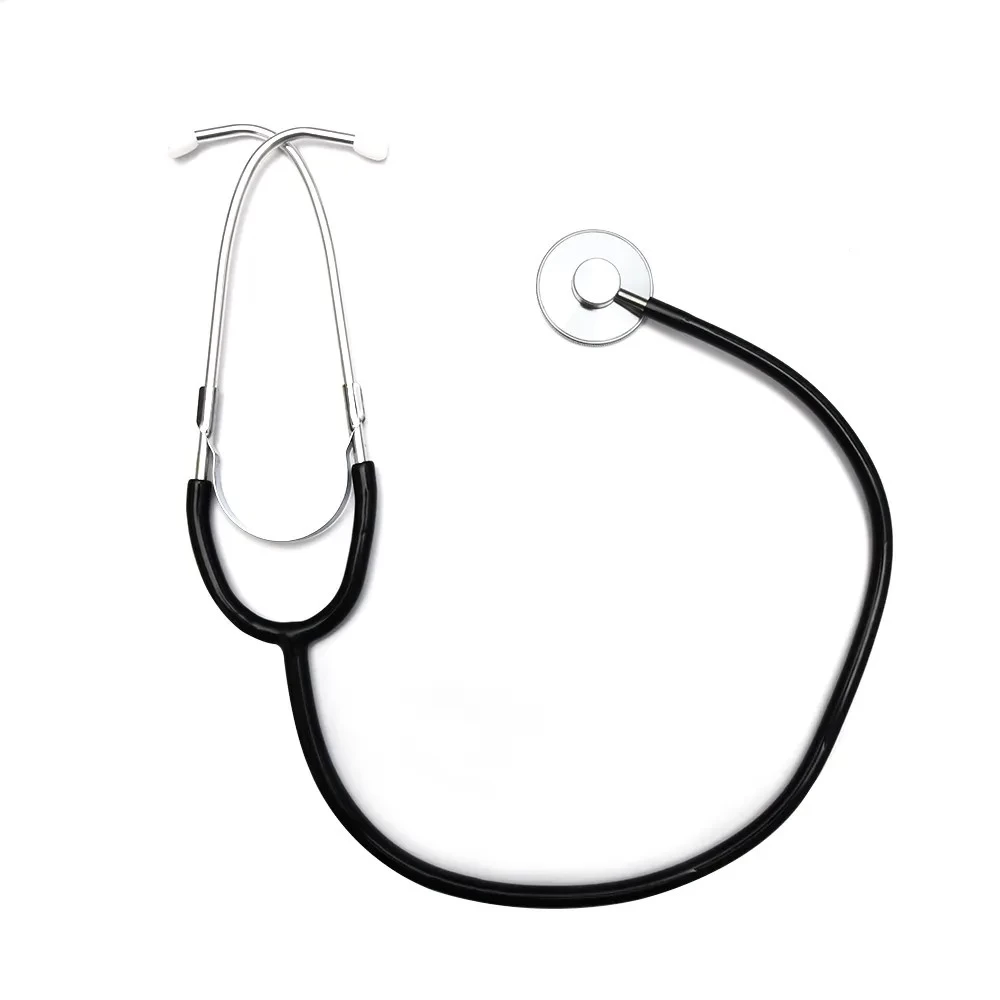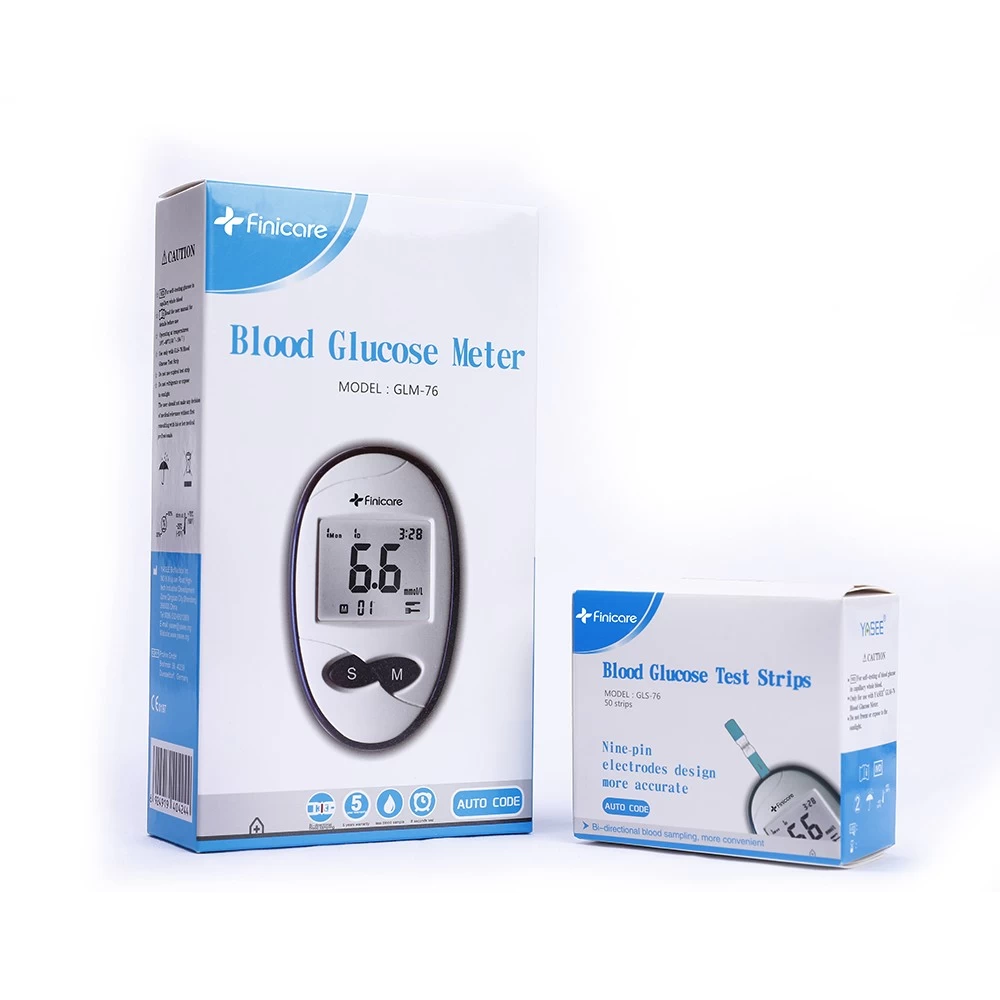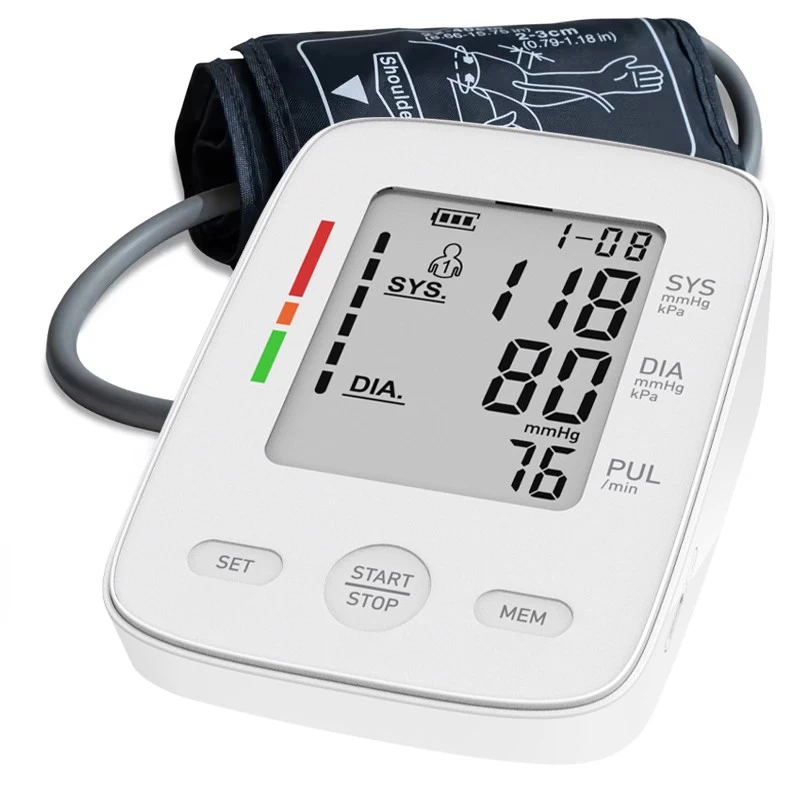What Can Cause a Sudden Increase in Blood Pressure?
Title: What Can Cause a Sudden Increase in Blood Pressure?

Blood pressure fluctuations are a normal part of human physiology, but sudden spikes can be alarming and potentially dangerous. While hypertension (chronic high blood pressure) is a well-known condition, transient or acute increases in blood pressure often raise questions about their triggers and risks. For adults in Western countries—where processed diets, sedentary lifestyles, and stress are prevalent—understanding the causes of sudden blood pressure surges is critical for prevention and timely intervention. This article explores the physiological mechanisms, lifestyle factors, medical conditions, and external influences that can lead to abrupt rises in blood pressure.
Table of Contents:
1. Acute Stress and the "Fight-or-Flight" Response
3. Medications and Supplements
4. Underlying Medical Conditions
5. Physical Triggers: Pain and Exercise
6. Substance Use and Withdrawal
7. Dehydration and Electrolyte Imbalances
8. White Coat Hypertension and Masked Hypertension
1. Acute Stress and the "Fight-or-Flight" Response
The human body’s sympathetic nervous system is designed to respond to perceived threats by triggering the "fight-or-flight" response. When faced with stress—whether from an argument, a near-miss car accident, or public speaking—the brain signals the adrenal glands to release hormones like adrenaline and cortisol. These hormones cause:
· Rapid heart rate
· Constriction of blood vessels
· Increased cardiac output
This temporary spike in blood pressure helps redirect blood to vital organs and muscles. However, chronic stress or frequent acute episodes can strain the cardiovascular system, contributing to long-term hypertension. Studies show that individuals in high-stress occupations (e.g., healthcare workers, first responders) are more prone to these spikes.
2. Dietary Triggers
· Excessive Sodium Intake
A salty meal is a common culprit. Sodium causes the body to retain water, increasing blood volume and pressure on artery walls. Processed foods, canned soups, and fast food—staples in many Western diets—often contain hidden sodium. The American Heart Association recommends no more than 2,300 mg of sodium daily (ideally 1,500 mg for those with hypertension), but the average American consumes over 3,400 mg daily.
· Alcohol and Caffeine
Both substances have biphasic effects. Moderate alcohol consumption (1–2 drinks) may temporarily lower blood pressure, but excessive intake can dehydrate the body and trigger a compensatory rise. Similarly, caffeine—found in coffee, energy drinks, and sodas—stimulates the adrenal glands, causing short-term blood pressure increases, especially in non-habitual users.
3. Medications and Supplements
Certain over-the-counter (OTC) and prescription drugs can provoke sudden hypertension:
· NSAIDs (e.g., ibuprofen, naproxen): These pain relievers reduce kidney function, leading to fluid retention.
· Decongestants (e.g., pseudoephedrine): They constrict blood vessels to relieve nasal congestion.
· Stimulants (e.g., ADHD medications): Drugs like methylphenidate increase heart rate and vascular resistance.
· Herbal Supplements: Licorice root, ephedra, and ginseng may elevate blood pressure by affecting hormone levels or fluid balance.
Always consult a healthcare provider about potential side effects, especially for those with preexisting hypertension.
4. Underlying Medical Conditions
Kidney Disease
The kidneys regulate blood pressure by managing fluid balance and releasing the enzyme renin. Conditions like glomerulonephritis or renal artery stenosis impair this function, causing abrupt pressure spikes.
Endocrine Disorders
· Pheochromocytoma: A rare adrenal gland tumor that secretes excess adrenaline and noradrenaline, leading to paroxysmal hypertension.
· Hyperthyroidism: Excess thyroid hormone accelerates metabolism and heart rate.
· Cushing’s Syndrome: High cortisol levels due to steroid medications or tumors increase sodium retention.
Obstructive Sleep Apnea (OSA)
During apnea episodes, oxygen levels drop, prompting the brain to release stress hormones. OSA is strongly linked to nocturnal and morning blood pressure surges.
5. Physical Triggers: Pain and Exercise
Severe pain—from injuries, migraines, or medical procedures—activates the sympathetic nervous system. Similarly, intense physical exertion (e.g., weightlifting, sprinting) raises blood pressure temporarily. While exercise is generally beneficial, sudden strenuous activity in sedentary individuals can strain the cardiovascular system.
6. Substance Use and Withdrawal
· Stimulant Drugs
Cocaine and amphetamines cause dramatic, dangerous blood pressure spikes by blocking norepinephrine reuptake, leading to extreme vasoconstriction and tachycardia.
· Nicotine
Smoking or vaping nicotine triggers adrenaline release, increasing heart rate by 10–20 BPM and blood pressure by 5–10 mmHg within minutes.
· Withdrawal from Alcohol or Blood Pressure Medications
Abruptly stopping beta-blockers or clonidine can cause rebound hypertension. Similarly, alcohol withdrawal may lead to hypertensive crises due to autonomic nervous system hyperactivity.
7. Dehydration and Electrolyte Imbalances
Dehydration reduces blood volume, prompting the body to release vasopressin (a hormone that constricts blood vessels). Low potassium levels—common in those taking diuretics or eating potassium-poor diets—also contribute, as potassium helps relax blood vessel walls.
Get accurate and reliable blood pressure readings with our Electronic Blood Pressure Monitor.
This easy-to-use device provides precise results and makes monitoring your health a breeze. Stay on top of your blood pressure for a healthier lifestyle.
8. White Coat Hypertension and Masked Hypertension
Anxiety in clinical settings ("white coat hypertension") can cause temporary spikes. Conversely, "masked hypertension"—normal readings at the doctor’s office but high readings elsewhere—may indicate undiagnosed triggers like stress or sleep apnea.
9. When to Seek Help
Most sudden blood pressure increases resolve on their own. However, seek emergency care if:
Systolic pressure exceeds 180 mmHg or diastolic exceeds 120 mmHg.
Symptoms like chest pain, headache, blurred vision, or shortness of breath accompany the spike.
10. Prevention and Management
· Monitor sodium intake: Choose fresh foods over processed options.
· Limit stimulants: Gradually reduce caffeine if sensitive; avoid recreational drugs.
· Manage stress: Practice mindfulness, deep breathing, or yoga.
· Stay hydrated: Aim for 6–8 glasses of water daily.
· Review medications: Discuss alternatives with your doctor if current drugs raise blood pressure.
11. Conclusion
Sudden blood pressure spikes are often reversible but serve as warning signs. For Western populations, lifestyle modifications—reducing salt, managing stress, and avoiding substance misuse—are key to prevention. Regular monitoring and understanding individual risk factors can mitigate long-term cardiovascular damage. Always consult a healthcare professional to address persistent or severe hypertension promptly.
By demystifying these triggers, individuals gain power to protect their heart health and avoid the silent dangers of uncontrolled blood pressure.
Get accurate and reliable blood pressure readings with our Electronic Blood Pressure Monitor. This easy-to-use device provides precise results and makes monitoring your health a breeze. Stay on top of your blood pressure for a healthier lifestyle.
1. What is a sudden spike in blood pressure called?
A sudden, severe increase in blood pressure (typically above 180/120 mmHg) is called a hypertensive crisis. It can be classified as either hypertensive urgency (no immediate organ damage) or hypertensive emergency(with organ damage).
2. Can stress cause a sudden rise in blood pressure?
Yes, acute stress or anxiety triggers the release of adrenaline and cortisol, which constrict blood vessels and increase heart rate, leading to a temporary blood pressure spike.
3. Does caffeine raise blood pressure suddenly?
Yes, caffeine can cause a short-term spike in blood pressure (especially in people who don’t consume it regularly) by stimulating the nervous system and narrowing blood vessels.
4. Can pain cause a sudden increase in blood pressure?
Yes, severe pain (e.g., from injuries, migraines, or medical procedures) can activate the sympathetic nervous system, leading to a rapid rise in blood pressure.
5. Can medications cause sudden high blood pressure?
Certain medications, such as decongestants (pseudoephedrine), NSAIDs (ibuprofen), stimulants (ADHD drugs), or sudden withdrawal from blood pressure medications (like beta-blockers), can cause abrupt increases in blood pressure.
6. Does alcohol consumption lead to sudden blood pressure spikes?
Heavy or binge drinking can cause a sudden rise in blood pressure due to blood vessel constriction and increased heart rate. Chronic alcohol use also contributes to long-term hypertension.
7. Can salt intake cause a rapid blood pressure increase?
A high-sodium meal can lead to temporary fluid retention and increased blood pressure, especially in salt-sensitive individuals.
8. Does lack of sleep affect blood pressure suddenly?
Poor sleep or sleep deprivation can disrupt hormone regulation (like cortisol and adrenaline), leading to short-term blood pressure spikes. Sleep apnea is also a major cause of sudden BP surges during the night.
9. Can exercise cause a sudden blood pressure rise?
Intense physical activity (especially heavy weightlifting or sprinting) can temporarily raise blood pressure. However, regular exercise helps lower long-term BP.
10. What medical conditions can trigger sudden high blood pressure?
Conditions like pheochromocytoma (adrenal gland tumor), kidney disease, preeclampsia (in pregnancy), or hyperthyroidism can cause abrupt and severe blood pressure increases.

